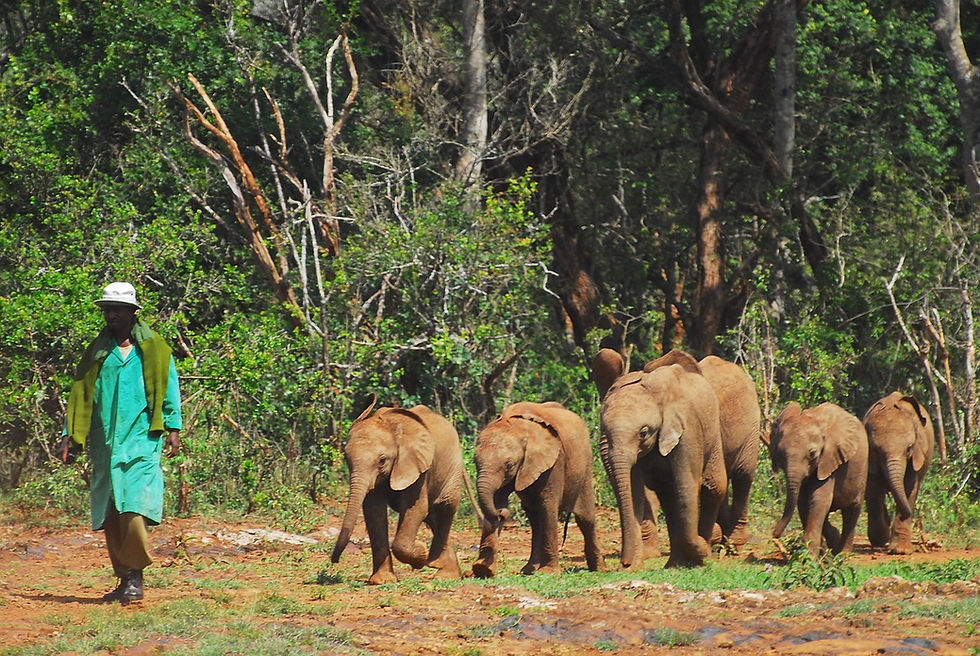Why We Need to Stop Thinking We're the Smartest Species on Earth
- Carina Kramer

- May 13, 2025
- 3 min read
Updated: May 15, 2025
Musings from an Artist's Notebook
As an artist, I've always believed that the creative process is a journey of discovery, not just of technique and style, but of the world around us and our place in it. Over the years, I've found that art has taught me more about life than I ever could have imagined.
In this series of reflections, I'll be sharing some of the key lessons I've learned, and how they've shaped my perspective on the world.

So: Are we actually the smartest species on earth?
I've been thinking a lot about this lately … the notion of superiority that seems to be so deeply ingrained in our culture.
After finishing one of my sketchbooks, I was leafing through pages and pages full of animals of all kinds. I realized again that we're not the only ones who've been working on this whole 'being alive' thing for millions of years.
What makes us think we're the smartest species in the room?
I mean, let's be real, we're a species that's still trying to figure out how to get along with each other and not doing so great at the moment on a large scale. We've managed to create some amazing things – art, music, literature – but we've also created some pretty destructive stuff – wars, pollution, reality TV.
It's like we're a masterclass in contradictions.
And yet, we still insist on thinking we're the pinnacle of evolution.
Newsflash: we're not.
Just looking at the natural world, I'm amazed by the incredible abilities of other species. An elephant's ability to communicate over vast distances, a dog's sense of smell, and the ape's agility and strength in the trees are just a few examples of the many remarkable things that exist in the world.
And yes, we have figured out how to do all these things one way or another, but what we seem to be missing is a sense of how we fit into this whole complex balance of life.
.
Interconnectedness & Observation
This is also what I love about art and nature – they both have a way of humbling us, of reminding us that we're not the centre of the universe. There's so much more to life than just our own little problems — no, I don't think rhinos should pay with their life just so we can use its horn to make medicine (sarcastic hot take).
When we take the time to observe the natural world, to learn about its creatures and their habitats, we're forced to confront our own limitations and fragilities.
They are both a reminder to go beyond the human-centric perspective, and beyond viewing other species as inferior or secondary.
When we view the world from a more holistic perspective, we may just begin to see ourselves as part of a larger web of life, connected to every other species and habitat on the planet.
This is not a new idea, of course. Many indigenous cultures have lived in harmony with the natural world for centuries, recognizing that they are not separate from it, but rather, a part of it.
I think this is a significant element for us to learn: to recognize the beauty and value of the diversity that surrounds us. By doing so, we may just discover a sense of unity and belonging that transcends our petty notions of superiority.
In the end, I think, that
believing we're better than everything else is a choice.
We can choose to believe that we are the smartest species on earth, or we can choose to recognize instead that we are part of it.
We can choose to exploit its resources, or we can choose to live in harmony with it.
And we can choose to believe that we are the only ones who have a right to exist, or we can choose to recognize that we are simply one of many species, each with our own unique abilities and strengths.
What is your point of view on this? Let me know in the comments below. :D
Thank you for reading. Go check out some of my other articles below.



Comments